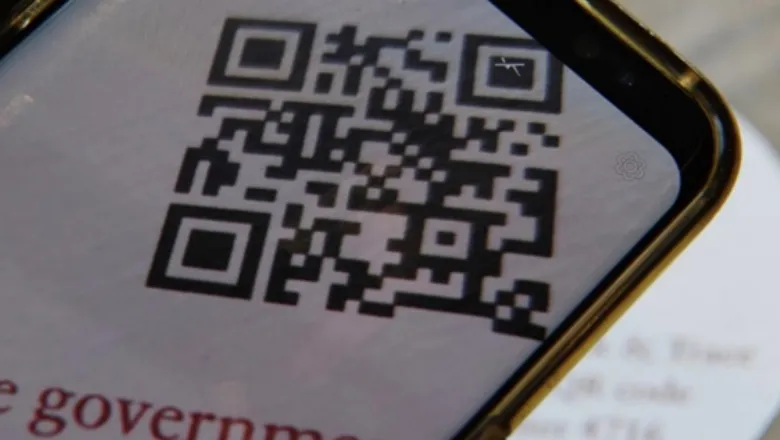COVID-19 has exposed fundamental flaws in the way we prepare, respond and mitigate pandemics. A more rigorous and balanced approach that is not a hostage to misinformation and misunderstanding requires a stronger intelligence-led approach. Modern technologies are crucial for this, but their application comes with significant moral and ethical challenges. Populations can rapidly loose trust in systems that fail in their transparency and proportionality. For us at CHRG we need greater insight into strengths, deficits and limitations of the use of technologies such as mobile apps for biovigilance and developing indicators and warnings that have significant public health utility.
Professor Richard Sullivan, School of Cancer & Pharmaceutical Sciences
13 October 2020
Researchers conduct analysis of use of digital contact tracing tools throughout COVID-19
Researchers from the School of Cancer & Pharmaceutical Sciences and the Conflict & Health Research Group have conducted an in-depth analysis of COVID-19 digital contact tracing tools to understand understand if and how the data might be used for other purposes.

Since the start of the pandemic, track and trace mobile applications have become increasingly popular for controlling the spread of the COVID-19 virus. This has led to the rise of ‘Participatory SIGINT (signals intelligence), where individuals participate in their own surveillance by voluntarily providing traditionally provide data such as locations and contact information.
Researchers from the School of Cancer & Pharmaceutical Sciences and the Conflict & Health Research Group (CHRG), have been conducting an in-depth analysis of these tools to understand if and how the data might be used for other purposes. They note how these apps are rarely framed as extensions of state surveillance and their ‘voluntary’ nature is used as justification to implement them without oversight or transparency on data collection practices, how the data will be analysed, processed and stored, and who will have access to the data.
They found that in same countries, the health usage of these apps during the pandemic is being used as a ‘Trojan Horse’ for greater state surveillance. A study of the HealthCode apps used in China revealed that information collected could draw an alarmingly detailed picture of the average city dweller’s life, including their GPS location, stores they shop in, meals ordered, transportation used, and even friends messaged. Of the 47 applications currently available, 24 contain Google and Facebook tracking, 11 have no privacy policy, 25 do not disclose the length of time that they hold the data for, and 28 have no publicly disclosed anonymity measure.
Of particular interest is the way these apps are framed as voluntary, despite the fact that individuals must download them to ensure the return of certain liberties - an example of this is the use of QR codes to scan at restaurants, bars and pubs. These are voluntary in that individuals can choose not to scan; however, this has implications for their ability to enter facilities or use services. Furthermore, there is no transparency governing the collection and storage of this data, and no overarching regulations for the onward sale of data collected during pandemic.
This work builds on major research programs in health security and intelligence led by the CHRG, as well as linking to the extensive field work the team has done in recent pandemic crises, such as the Ebola outbreaks in West Africa.
This research is critical to understanding how we need to evolve regulatory and governance frameworks to manage the use of modern technologies for public health. Without trust such technologies, even if they add benefit, will not be properly utilised by societies.
Rose Bernard, Research Student and Lead Author, School of Cancer & Pharmaceutical Sciences
The researchers explain that these applications should be subject to legal conditions and oversight, despite having helpful effects on controlling pandemics. The research is intended to be used as a foundation to enable closer examination of the implementation of these applications, how they are going to be used, and how they are going to be phased out at the end of this current health crisis.
Read more about the research in the American Journal of Public Health.

